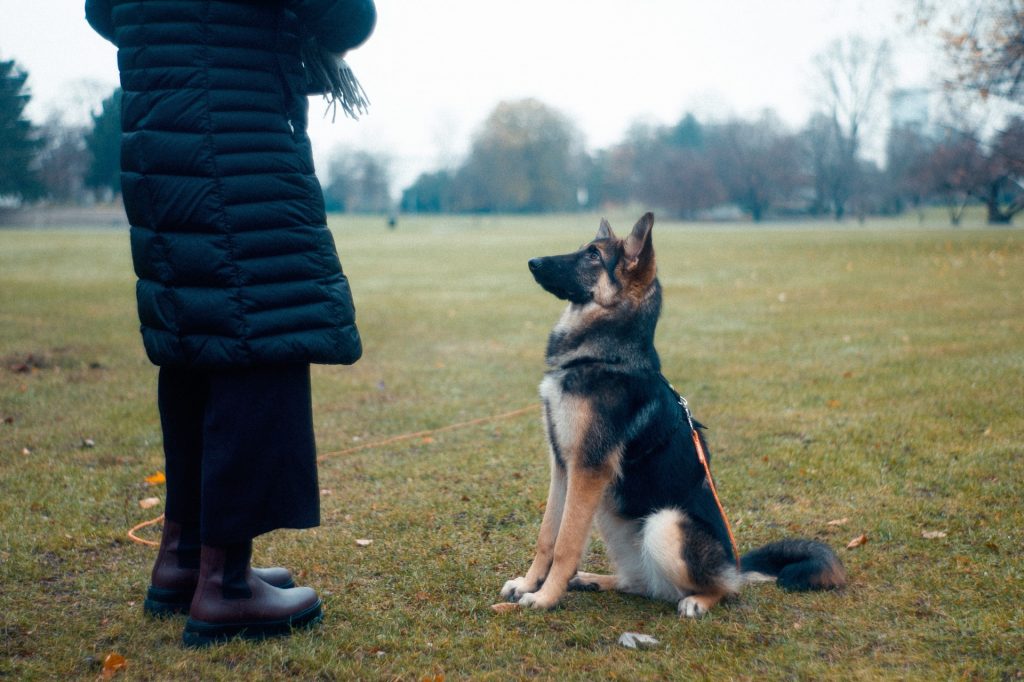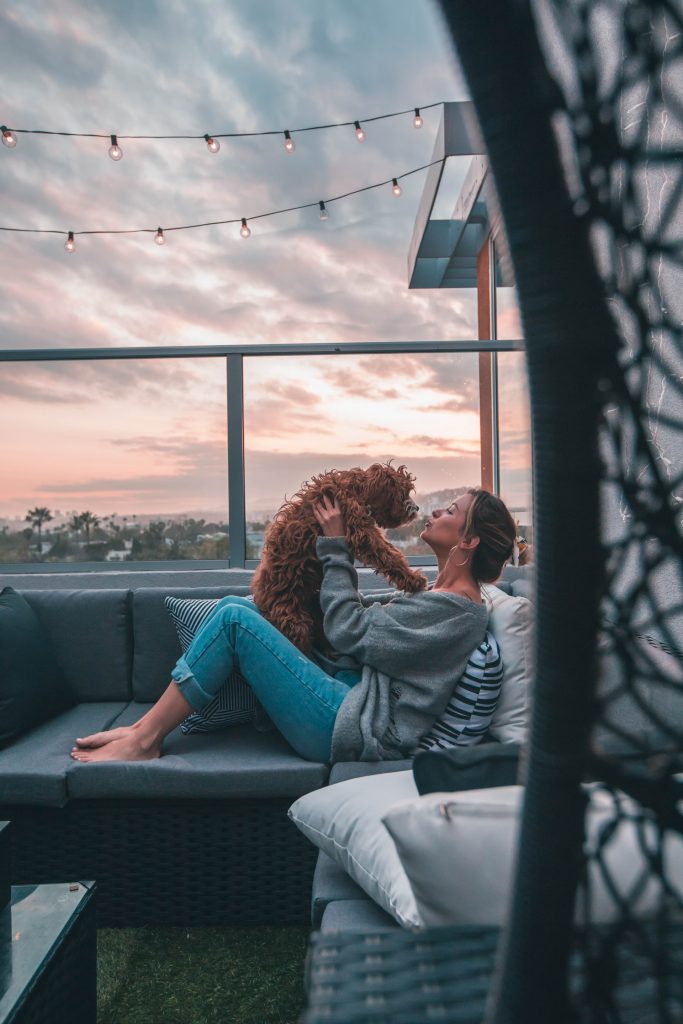
This article is contributed by guest writer, Shawn Richards (Content writer at A Dog’s Best Life ).
How to Choose the Ideal Dog for Your Family
Are you prepared to select the best dog for you? Bringing a new puppy into your life is a big step. Before you begin the procedure, make sure you are ready for a puppy. It is also critical that you are aware of the costs associated with dog ownership.
Congratulations if you’ve decided that the moment has come! It is now time to determine which breed of dog is best for you. There is no correct or incorrect approach to finding a new dog. What matters is that you find the right dog for you.
When introducing a new dog into your house, there are numerous factors to consider like their training, care, cost, size, lifespan, temperament, appearance and most importantly their breed or origin.
Fortunately, many respectable breeders throughout the country produce purebred puppies. Another alternative is to adopt one of the many animals in rescue shelters who need a good home but before you adopt a dog, make sure you do your homework. Pet fashion week covers everything you need to know about dog adoption, food or care.
Here are a few things to think about when you make your decision:

Children
Every dog is unique, and much of their personality is determined by how they are/were handled by people. If you are bringing a dog home that will be around small children, you must consider not just the dog’s natural features but also the level of energy that the children can display.
Always use care until you know a dog inside and out. When you begin with a puppy, you can help shape the dog’s personality from a young age, ensuring that they are adapted to youngsters from the start.
However, if you don’t have a puppy, you won’t always know what an older dog has been through. Though a competent shelter will generally evaluate a dog for even the tiniest aggressive tendencies, teach your children to behave responsibly around them because humans are responsible for respecting the dog’s natural impulses.
Size
It is also critical to consider the size. This answer is influenced by how much space you have and how easy it is to exercise. Many folks who want a large dog must accept the fact that you and an 80-pound Setter might not be the best housemates in a tiny household (small apartment, for example). The good news is that size does not always correlate with energy level. Some larger breeds may sleep 16-18 hours a day, while a tiny Yorkie may run a million miles per hour all day.
However, their size will influence how compatible you are and how happy the dog is (how you can get them to the vet, etc., plays a role, too). The amount of space available to them, particularly when they need to be confined to one house area, will influence their comfort level.
Lifespan
Some breeds have been known to survive for barely seven years, while others have lived for more than 18. Remember that you are the dog’s caregiver, and it will require daily care for the rest of its life. When deciding on a dog, think about how long it will be a part of your family.
The most challenging part of being a dog owner is when your dog is nearing the end of its life. Also, with rescue animals, the exact age may not be known, making determining how long you will have with your furry pet more challenging. If you’ve lost your pet, PawBoost can help you find them!

Temperament and Energy Level
Breeds will have various energy levels regardless of age, and you need to pick a dog that will match what’s going on in your home. Make a sensible choice since a dog with a lot of energy will be unhappy if you want them to sit next to you on the couch. It would help if you asked yourself a few questions.
Consider the negative implications associated with specific breeds or even your dog’s “look.” Many people see a German Shepherd and immediately assume the dog will attack them. This isn’t always the case with Toy Poodles or Golden Retrievers. Not every dog behaves in the same way as Cujo or Lassie. While these details may not be relevant to you, understanding how your pet interacts with others is.
The ideal circumstance would be to take your family to a shelter or breeder to engage with your possible family member before taking them home to ensure that their temperament fits your lifestyle.

Breed
Dogs of purebred origin are popular. Many people are drawn to a particular dog breed for a variety of reasons. Perhaps you were raised with the breed or have spent a significant amount of time with it in your life. Perhaps you adore the way a particular breed appears and behaves.
Alternatively, you may believe the breed is right for you based on what you’ve read or heard about it. If you want a purebred dog, make sure you do your homework. Determine whether you are willing to face potential hurdles with temperament, grooming requirements, and health issues. Check to see if the breed will well be with your family and lifestyle, including other pets. Then, make sure you find a reputable dog breeder.
Mixed-breed dogs can be fantastic additions to your life. When two or more dog breeds are combined, their personality and physical qualities are frequently balanced. Just remember to be prepared for the unexpected, significantly if you acquire a “pound puppy.” There is no way to foresee how your puppy will look like an adult, and there is no way to predict health issues.
Many veterinarians believe that mixed-breed dogs have fewer health issues than purebred dogs. They are often pleasant and intelligent. Furthermore, adopting a mixed-breed dog frequently means sparing the dog from euthanasia or a lonely life in a shelter!
Physical Care and Upkeep
The appearance of your dog has a lot to do with his upkeep requirements. All dogs require essential grooming. However, some require more depending on the type of hair coat. If you get a dog with a lot of hair, you’ll need to undertake advanced grooming regularly. Most short-haired, smooth-coated dogs shed a lot, so plan on doing some additional cleaning. Some grooming tools can assist in reducing shedding.
Be aware that dogs with long, floppy ears are more prone to ear infections and require thorough ear cleanings regularly. Furthermore, certain breeds of dogs are prone to excessive drooling. Many owners of Mastiffs, Bloodhounds, and other similar dogs carry a “slobber cloth” with them to wipe their dogs’ drool. Be wary if they shake their heads!

Training
Every dog is unique, just like every person. If you’re looking for a complete breed (not a mix) puppy, consider how easy/complex a given type of dog is to teach, as well as how capable you feel in providing training for the dog.
Are you patient, optimistic, and prepared to put in the effort to build a solid relationship with your dog? Or, perhaps, you’re impatient and don’t have the time to devote to training? In either case, you can consider hiring a trainer to assist you in enrolling in a training course on a one-on-one basis or enrolling in a group class.
Some breeds, such as Border Collies, German Shepherds, Boxers, and Labs, respond better to training than others. Dalmatians, Basset Hounds, and Beagles, on the other hand, have lower ability for learning new things fast and are more stubborn. Remember that you and the dog are elements in this equation; therefore, include both in this computation. When selecting a trainer, make sure they employ positive reinforcement as their preferred method!
Evaluate The Cost
After the initial cost or adoption fees, you will need to invest a significant amount of money in your new family member throughout its life. Everything from feeding and training to veterinarian costs, accessories, yard maintenance, and home repairs should be considered.
The possibility of a modification in your insurance policy is an expense that most homeowners overlook. Some insurance providers need obedience certifications before covering a family pet under your homeowner’s policy.
According to the ASPCA, keeping a dog might cost anywhere between $700 and $900 per year on average. Adopting a dog with health difficulties or special needs will increase those fees even further. Before you leap, make sure your finances can withstand the addition of a new family member.

Make Certain That The Time is Correct
Examine your way of life objectively. If your profession involves a lot of travel or you’re gone 12 hours a day, getting a puppy might not be the greatest decision right now—unless you have close relatives or friends who are ready to help with daily care. Consider how much time you have to spend with your dog. A puppy requires a lot of attention, and as he grows into an adult, he will demand a lot of your time. If you don’t have that to give, maybe now isn’t the time.
Final Words
Before you decide on the sort of dog to bring home, make sure to consider each of the factors listed above, this will greatly help you limit down your possibilities. Doing a lot of studies ahead of time will help you discover the ideal dog and form a strong bond with the furry family member from the start.
